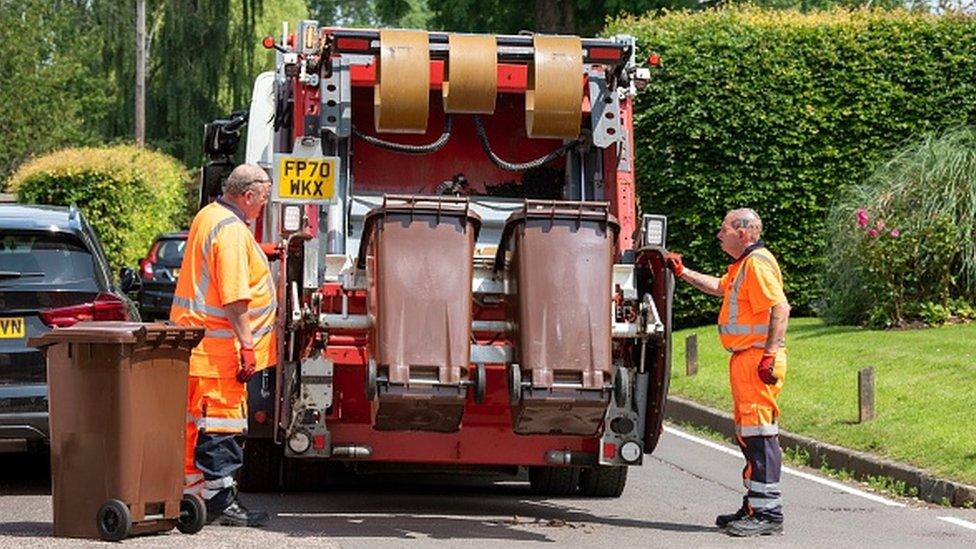New facility will process county's food waste
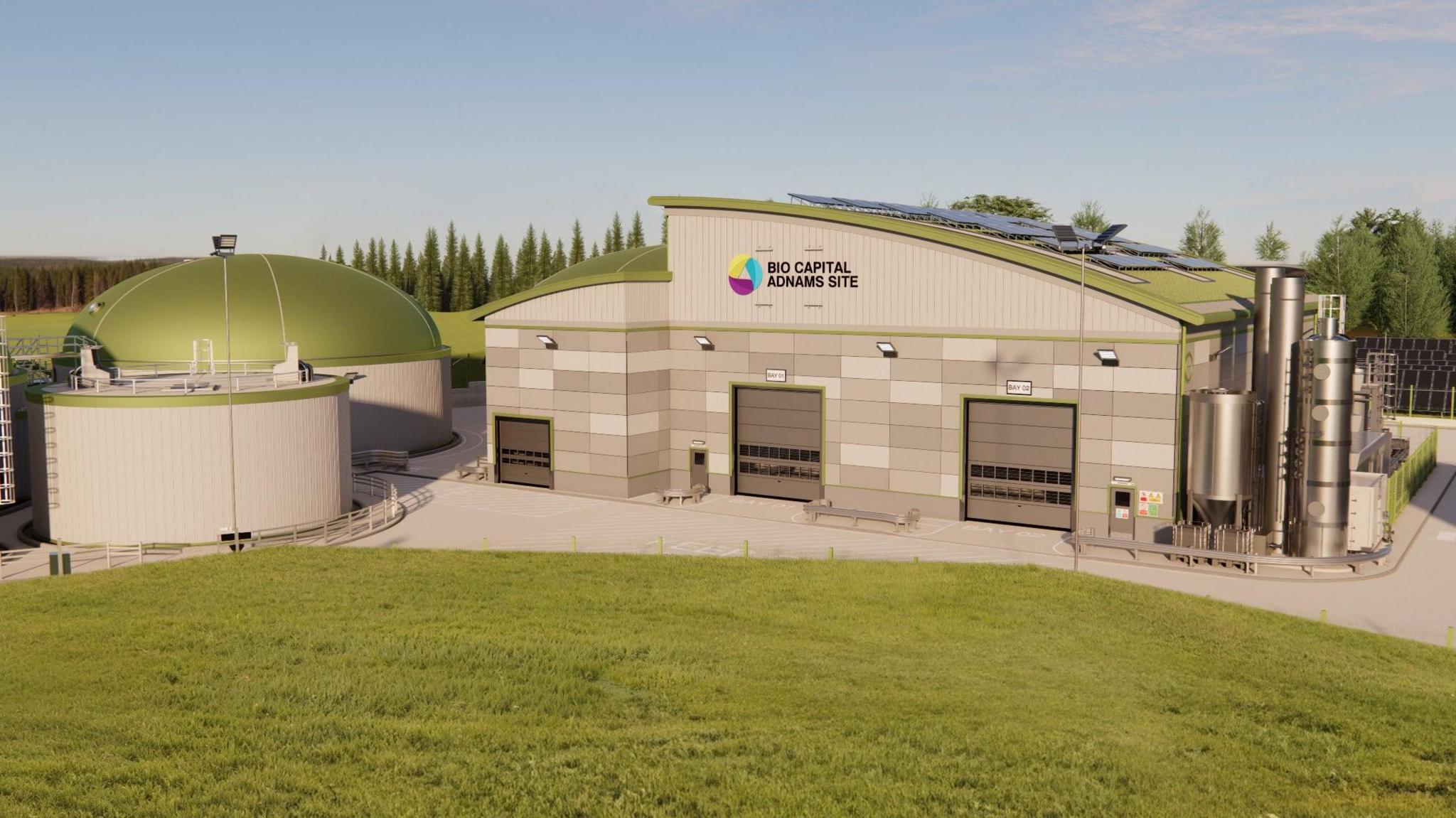
Once built Adnams' anaerobic digestion plant will help process Suffolk's food waste
- Published
A county's food waste will be processed at a specialist facility after a deal was agreed.
Suffolk County Council and energy firm Bio Capital agreed a four-year contract to process food waste at a proposed anaerobic digestion (AD) plant in Reydon, near Southwold.
The recently approved plant will be built at brewer Adnams' Distribution Centre, replacing its old facility, with weekly kerbside collections then beginning next year.
Chris Chambers, in charge of waste at the council, said it meant the food waste would not go on "excessive journeys" to be processed.
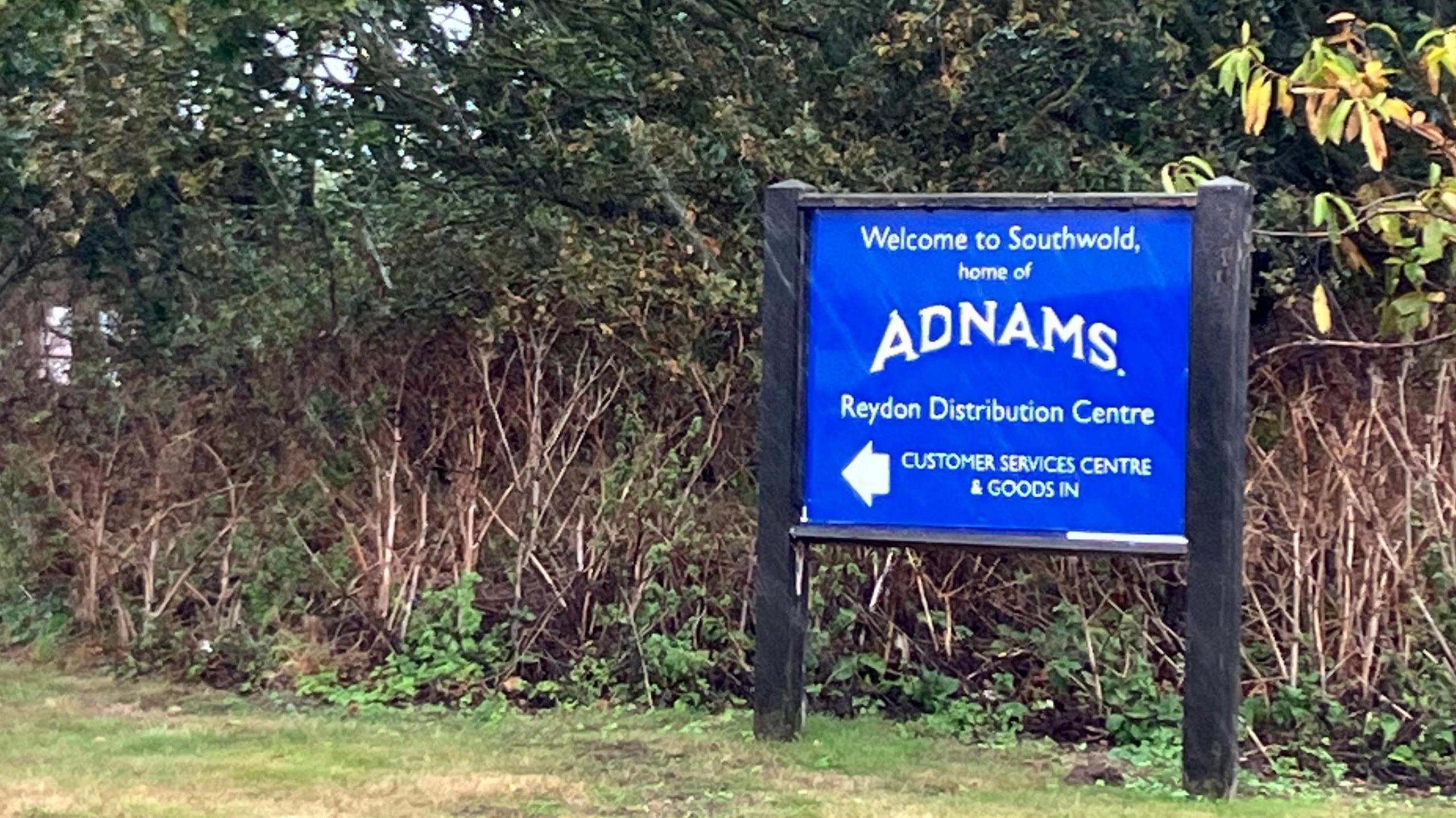
Adnams said the anaerobic digestion project would create new job opportunities, and position Suffolk as a "leader in the renewable energy sector"
The county council approved plans for Adnams' plant last month.
The former AD site closed in 2017, according to planning documents, external, and will be demolished and replaced with the new one.
According to the council, around 31,000 tonnes of household food waste could be sent to the new plant each year.
It will then be processed to generate green fuel, also known as biomethane, and then turned into soil fertiliser.
At the moment food waste that is thrown in general rubbish is taken to the Energy from Waste site at Great Blakenham, near Ipswich, where energy is recovered to produce electricity.
The move is part of the government's Simpler Recycling initiative, external which will standardise recycling across all local authorities.
'Effective and efficient'
Mr Chambers said finding a local solution meant that once food waste was collected it does not have to make "excessive journeys" to be processed.
"We have delivered an effective and efficient answer," he said.
"The food waste then has another life, being turned into renewable energy and nutrient-rich digestate that can be used to improve soil health.
"This will benefit our local farmers by helping to maintain productive, sustainable farmland right here in Suffolk."
He said he hoped the collections would make "people take notice of the amount of food they're throwing away" which could help them save money.
Get in touch
Do you have a story suggestion for Suffolk?
Follow Suffolk news on BBC Sounds, Facebook, external, Instagram, external and X, external.
Related topics
- Published10 July
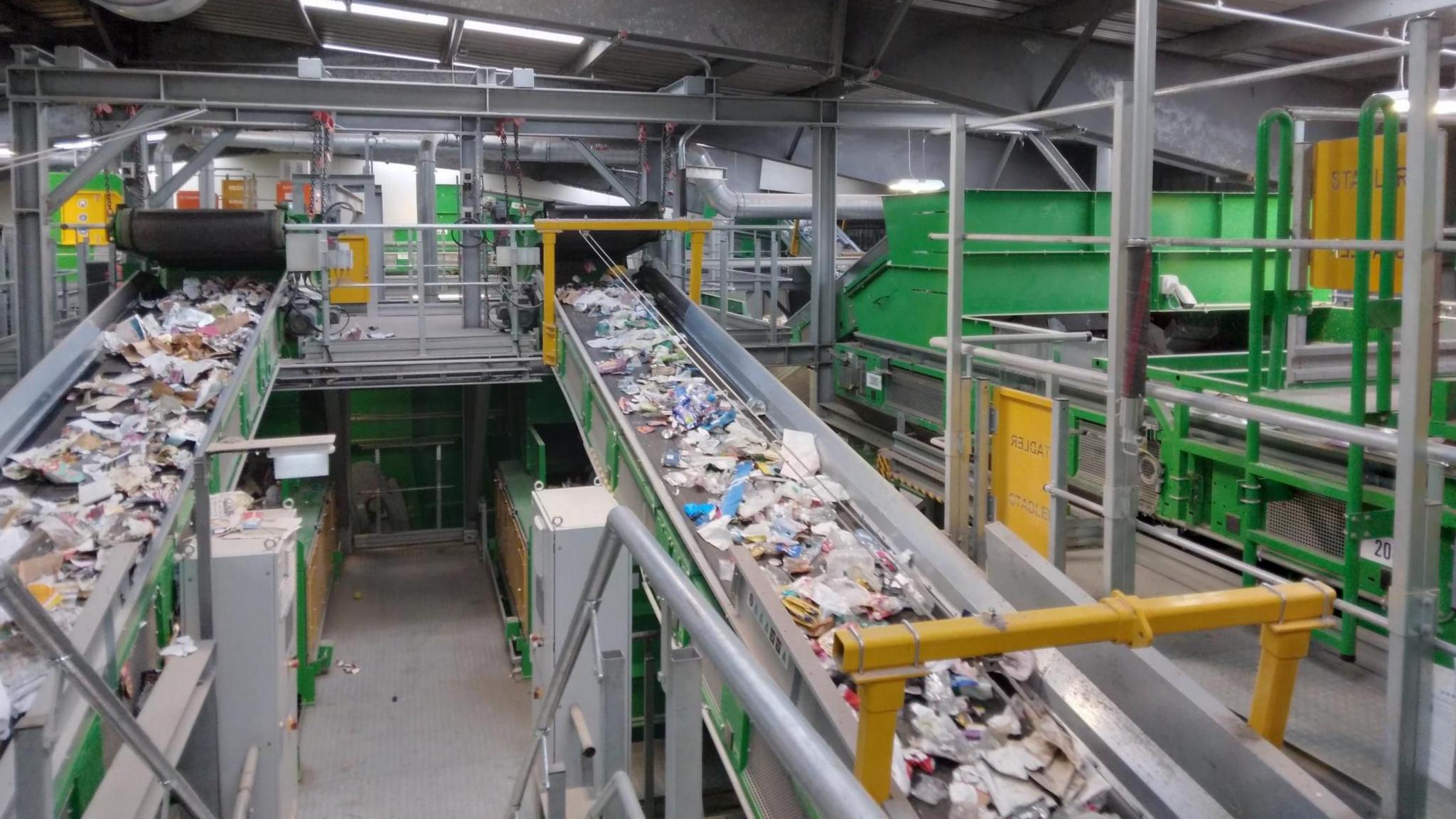
- Published2 October 2024
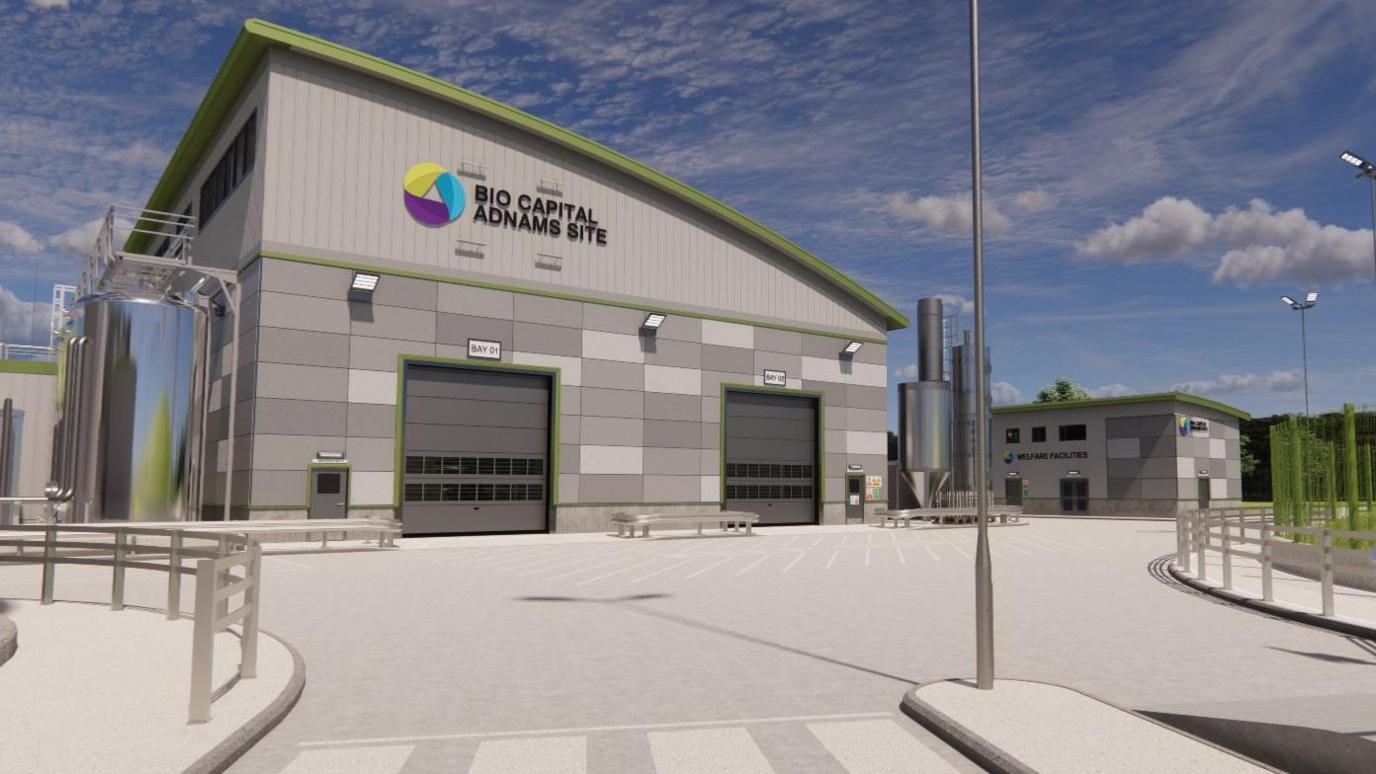
- Published21 October 2023
